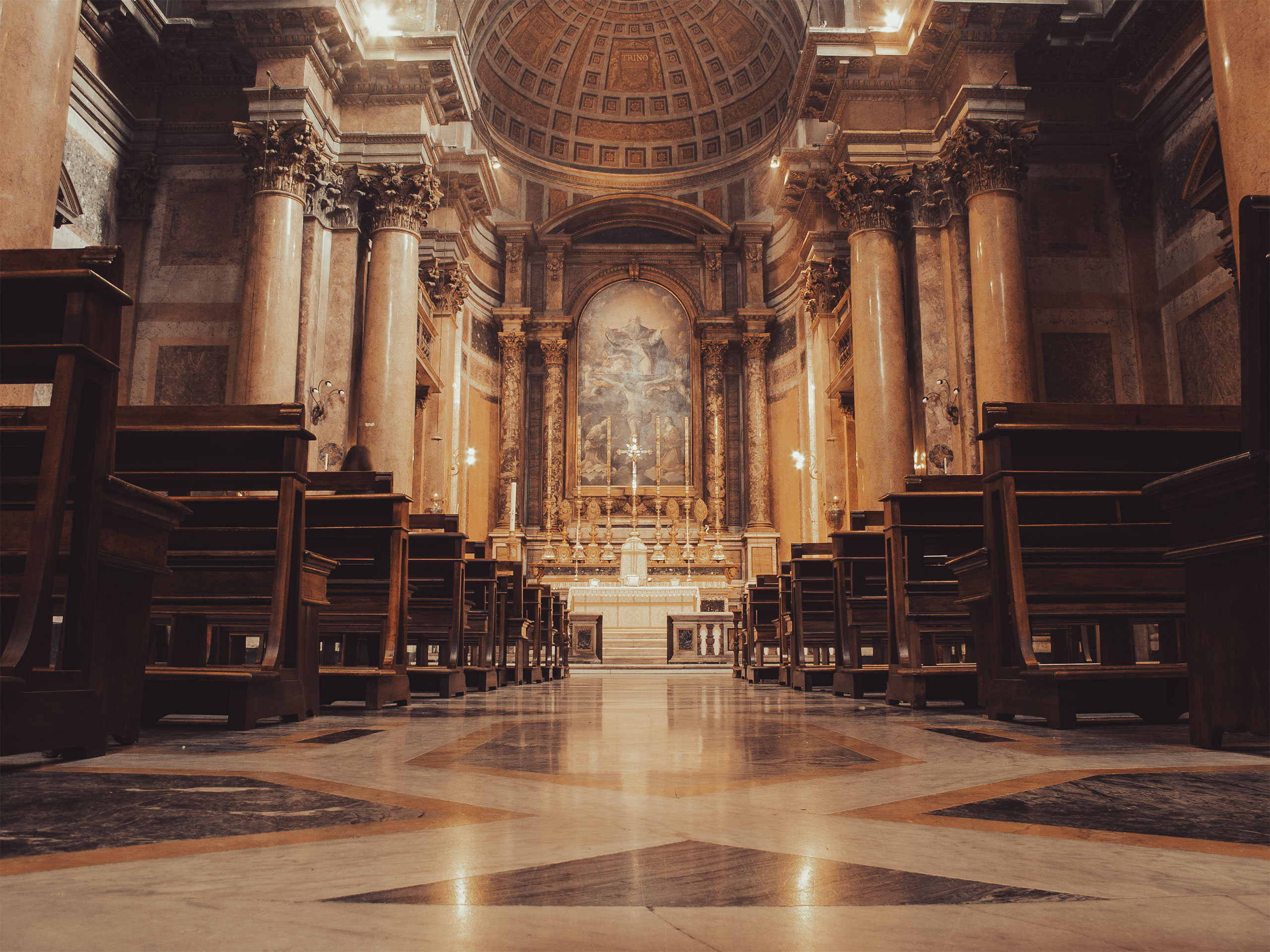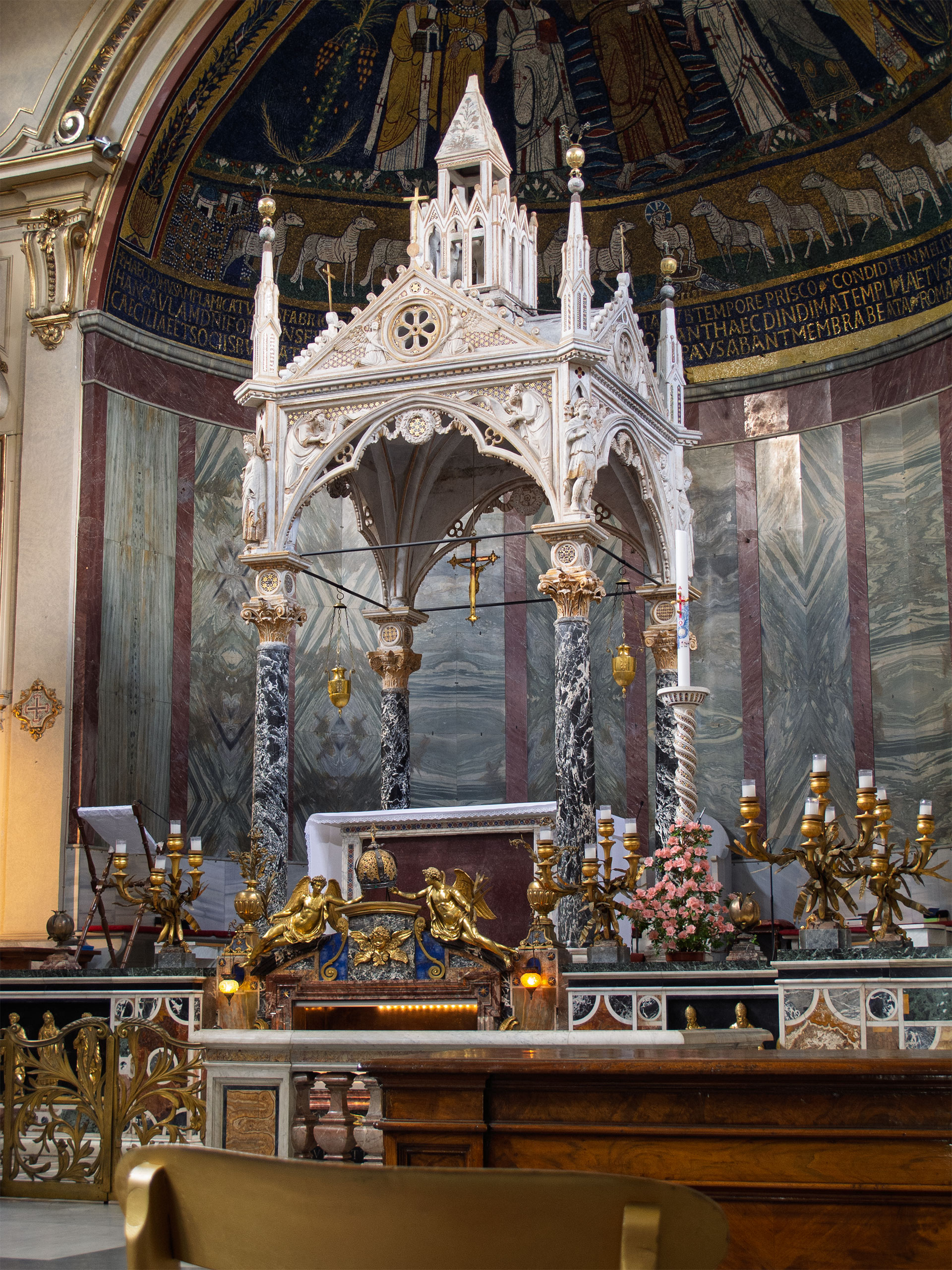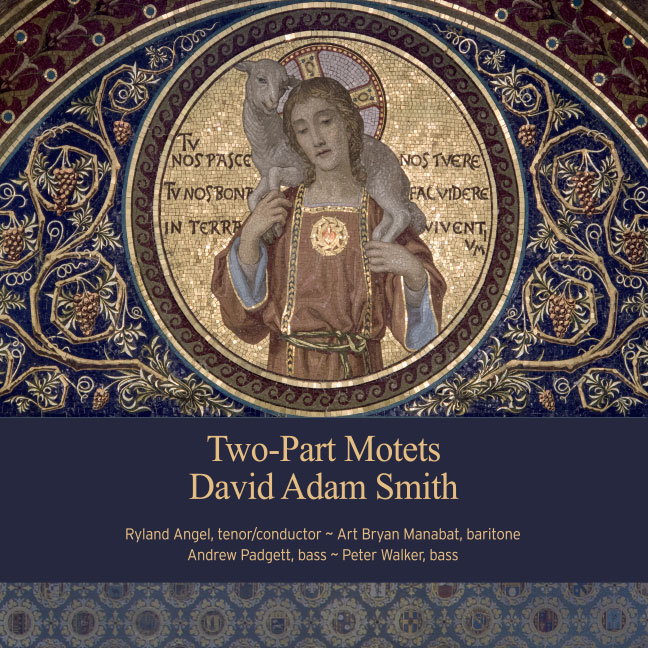Now, more than ever, we must bring back the beauty of music to the Roman Catholic Tradition…
“The profound connection between beauty and the liturgy should make us attentive to every work of art placed at the service of the celebration…Everything related to the Eucharist should be marked by beauty” (Sacramentum Caritatis, art. 41)
Pope Benedict, XVI
The great traditions of Roman Catholic Church music must be restored. Some of the most beautiful music written for the Traditional Latin Mass in the 21st century was recorded in 2016 at Notre Dame Church in Manhattan by four amazing singers. Over a remarkable week of recording sessions they sang all the Two-Part Motets.
These Two-Part Motets join the great traditions of Catholic Church music with the present. In addition, there are now Three-Part Mass settings and Three-Part Motets that have now expanded this project into more than seventy works. More recordings and printed music, such as the Sacred Songs, Op. 7 and Op. 8, and organ works can also be found exclusively at this website.
Motu Proprio of Pope St. Pius X on Sacred Music November 22, 1903
Instruction on Sacred Music
I: GENERAL PRINCIPLES
1. Sacred music, as a complementary part of the solemn liturgy, shares in the overall purpose of the liturgy: the glory of God and the sanctification, the edification of the faithful. Sacred music contributes to the decorum and the splendor of the ceremonies of the Church. Now, the principal function of sacred music is to clothe with suitable melody the liturgical text proposed for the understanding of the faithful. Therefore, its purpose is to add greater efficacy to the text. This is done so that, through the music, the faithful will be more easily inspired, better disposed to receive the benefits of the grace that comes from the celebration of the holy mysteries.
2. Sacred music should consequently possess, in the highest degree, the qualities proper to the liturgy, in particular, sanctity and goodness of form, which will spontaneously produce the final quality of universality.


